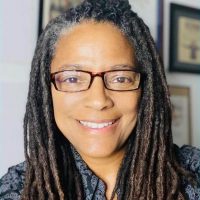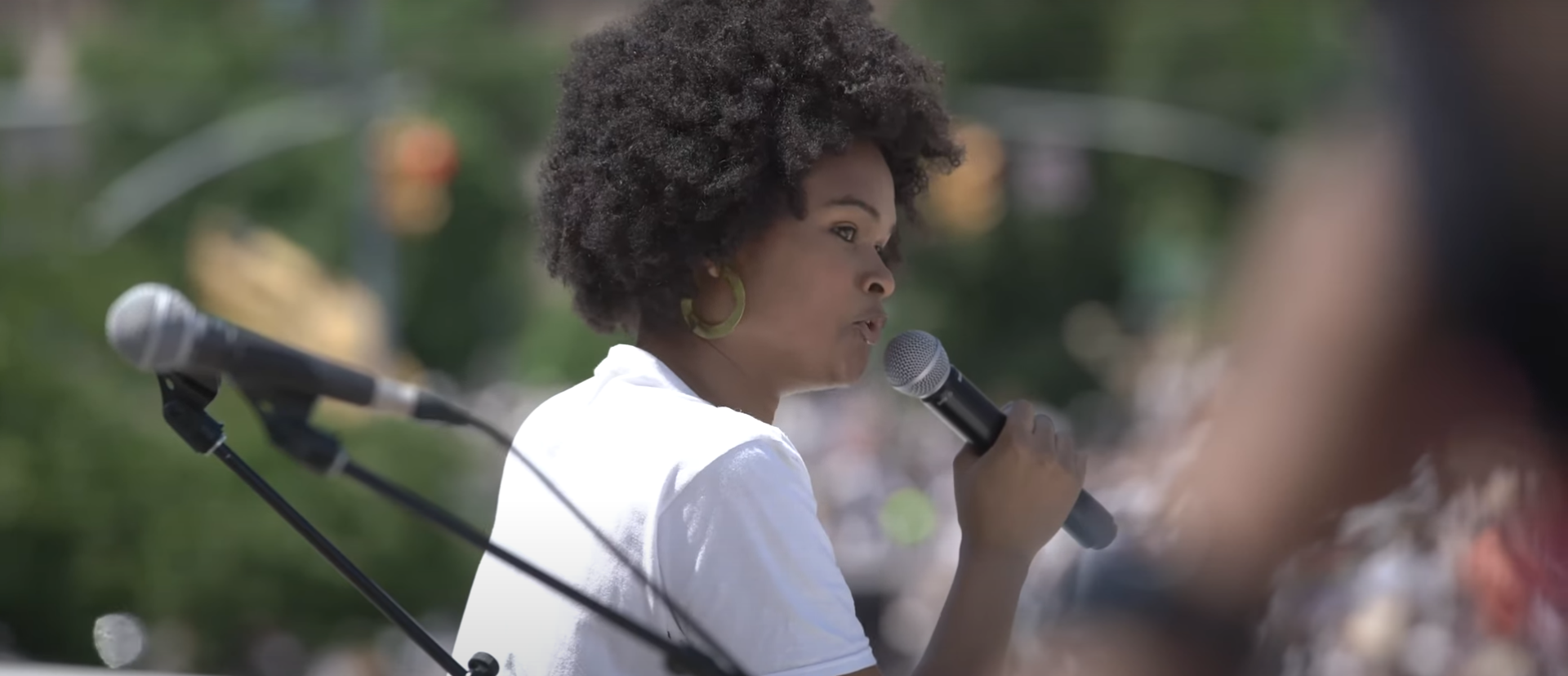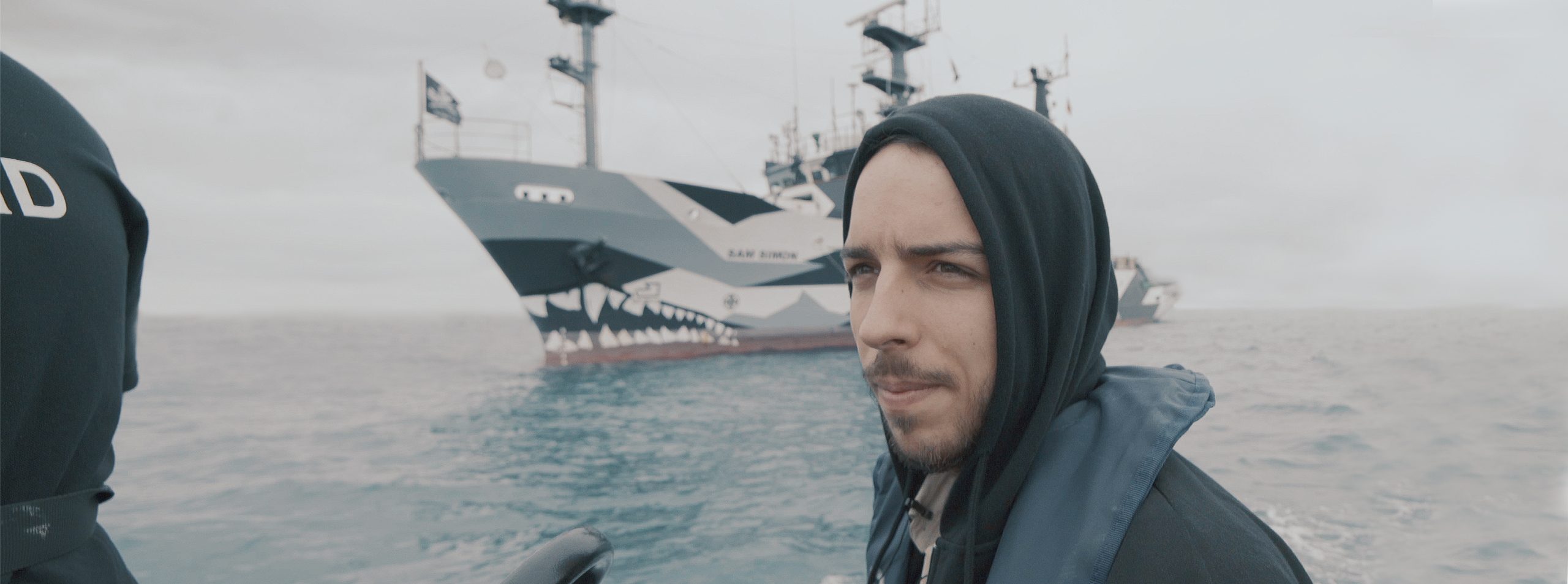Behrouz Boochani Keynote Speaker
- Victorian Prize for Literature & Premier’s Non‑Fiction Prize (2019)
- Award‑winning author of No Friend But the Mountains (2018) & Freedom, Only Freedom (2022)
- Anna Politkovskaya and Sir Ronald Wilson Human Rights laureate
Behrouz Boochani's Biography
Behrouz Boochani is a Kurdish‑Iranian writer, political scientist and internationally acclaimed advocate for displaced people. Educated in Tehran (MA, political geography), he fled repression in 2013 and was intercepted en route to Australia, spending six harrowing years inside the Manus Island offshore‑processing regime. During that time he secretly composed No Friend But the Mountains via thousands of WhatsApp messages; the genre‑blending memoir swept Australia’s top literary honours and is now taught globally.
Boochani’s work spans journalism, philosophy and film. His landmark documentary Chauka, Please Tell Us the Time (2017) offers a raw lens on carceral control, while his latest book, Freedom, Only Freedom (Bloomsbury, 2022), gathers essays and speeches that indict the wider refugee apparatus. Drawing on anti‑colonial thought and Kurdish poetic tradition, he reframes displacement as both lived reality and philosophical terrain, revealing how language, memory and art enable dignity amid systemic violence.
Now based in Wellington, New Zealand, Boochani serves as Senior Adjunct Research Fellow at the University of Canterbury and Visiting Professor at Birkbeck, University of London. His commentary appears in The Guardian, The Atlantic and The Washington Post, and his honours range from the STARTTS Humanitarian Award to Amnesty International and Voltaire prizes. On stage he challenges complacency, offering actionable insight into ethical leadership, human rights and the future of migration.
Behrouz Boochani's Speaking Topics
-
How to Stay Motivated and Strong in Difficult Circumstances
Life is unpredictable and full of surprises—and not all of them are positive. Sometimes, we find ourselves in situations we never imagined possible. When this happens, we often panic or feel shocked. This reaction is natural, especially when we've grown used to hearing difficult stories happen to others, forgetting that such challenges could happen to us, too. We become accustomed to our safe, comfortable routines and often fear change—whether it's creating it or simply accepting it. My own story has been full of unexpected turns in many ways. Over time, I've learned how to navigate these transformations and find a way forward, staying motivated and strong through it all.
-
Border Politics, the Military-Industrial Complex, National Security, and Domestic Politics
National security is a concept often used to generate fear as a means of controlling society or manipulating the public. It is closely tied to border politics and the military-industrial complex. Private security and prison companies have become increasingly affiliated with political parties, shaping policies that serve their own interests rather than the public good. How can we understand the complexity of security companies within the context of border politics and the military-industrial complex? How can we resist a system that has been built on the foundation of private interests?
-
Middle east conflicts, Geopolitical battle, ethnic minorities movements and the future of Iran and the Middle east.
The political landscape of the Middle East has undergone dramatic changes in recent years. The region is witnessing an ongoing struggle between governmental actors and non-governmental forces, a conflict that overlaps with the broader global rivalry between superpowers. What does the future hold for regional powers such as Iran? And what role do ethnic minorities play in shaping the political evolution of this part of the world?
-
Intersectionality, Minority Movements, and Social Justice in the Context of Climate Change and Colonialism
The nation-state, as a dominant concept and political structure, has shaped our world over the past century. Rooted in nationalism and shaped by various political movements, it has contributed to profound societal crises—most notably, the environmental crisis. How can we understand the intersections between climate change, environmental degradation, colonialism, and the broader concept of nationalism and the nation-state? And how should social and political movements reimagine their strategies in order to achieve meaningful change?
-
Human Rights, the Refugee Crisis, State Violence, and Climate Change
Human rights have become a central concept in contemporary politics. Yet, we often fail to recognize the connections between human rights, climate change, environmental disasters, and the role of governments—including forms of state violence—in these contexts. What does the future hold for human rights in a world increasingly shaped by ecological and political crises? And what role should civil society play in raising awareness and informing public opinion?
-
Literature, Art, and Creative Writing
Why do we tell stories? What is the role of literature in the contemporary world? Is AI posing a threat to art and literature? Should we understand art and literature solely through form and aesthetics, or should we also consider their connection to social and political movements?
Videos of Behrouz Boochani
Articles, Media & Podcasts
Books by Behrouz Boochani
























